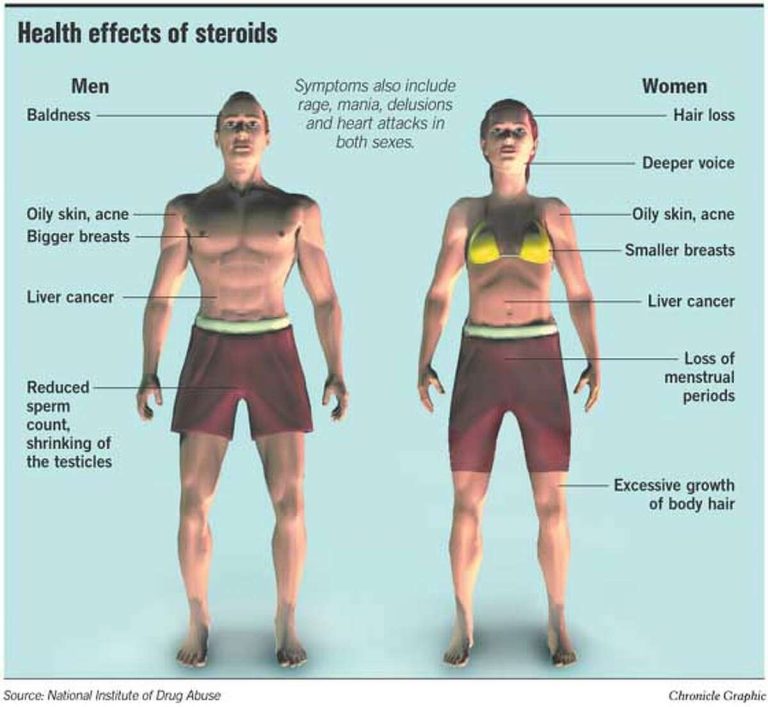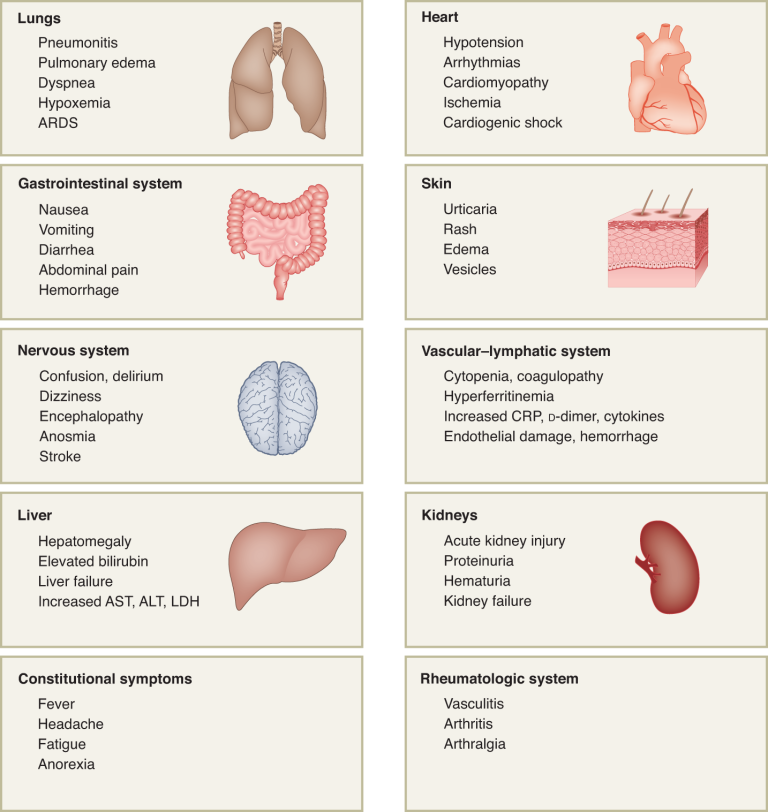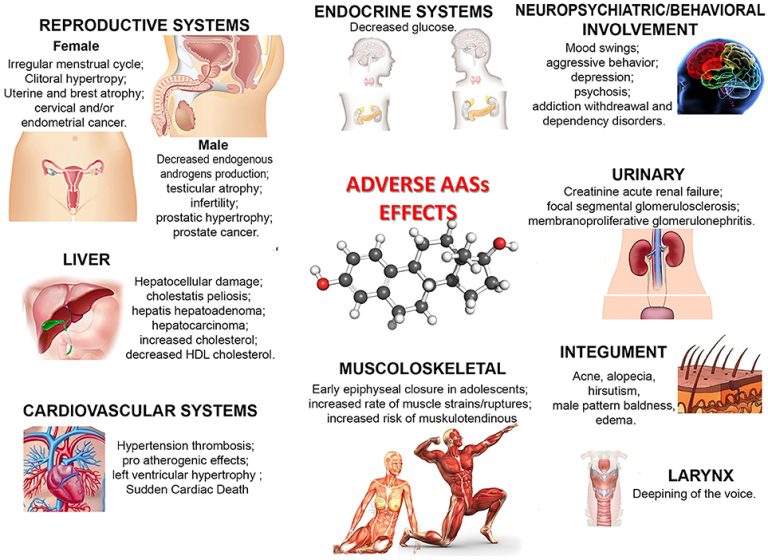Can Topical Steroids Cause Eye Problems
Topical steroids are a widely used medication for treating various skin conditions. However, there have been concerns about whether they…
Topical steroids are a widely used medication for treating various skin conditions. However, there have been concerns about whether they can cause eye problems. Many people wonder if the use of topical steroids can lead to cataracts or glaucoma. In this article, we will explore the potential risks and benefits of using topical steroids and their effects on the eyes. Let’s dive in and find out what the latest research has to say about this topic.

Can Topical Steroids Cause Eye Problems?
Topical steroids are commonly used to treat various skin conditions, such as eczema, psoriasis, and dermatitis. However, prolonged use of topical steroids can cause several side effects, including eye problems. In this article, we will discuss the potential risks associated with using topical steroids around the eyes and how to avoid them.
What are Topical Steroids?
Topical steroids are medications that are applied directly to the skin to reduce inflammation and itching. They work by suppressing the immune system, which in turn reduces the symptoms of skin conditions. Topical steroids are available in different strengths and formulations, and they are classified according to their potency.
Types of Topical Steroids
There are several types of topical steroids, including:
- Low-potency steroids (e.g., hydrocortisone)
- Moderate-potency steroids (e.g., triamcinolone)
- High-potency steroids (e.g., clobetasol)
- Ultra-high-potency steroids (e.g., betamethasone dipropionate)
It is important to note that the potency of a topical steroid affects its side effects. High-potency steroids are more likely to cause side effects than low-potency steroids.
How do Topical Steroids Affect the Eyes?
Topical steroids can cause several eye problems, including:
- Cataracts
- Glaucoma
- Infections
- Blurred vision
- Increased intraocular pressure
These side effects can occur when topical steroids are applied around the eyes or on the eyelids. The skin around the eyes is thin and sensitive, which allows the medication to be absorbed into the bloodstream more easily.
How to Avoid Eye Problems when using Topical Steroids?
To avoid eye problems when using topical steroids, follow these tips:
1. Use the Lowest Potency Steroid Possible
Using the lowest potency steroid possible can help reduce the risk of side effects. Low-potency steroids are less likely to cause eye problems than high-potency steroids.
2. Avoid Applying Steroids Around the Eyes
Do not apply topical steroids around the eyes or on the eyelids. If you need to apply the medication near the eyes, use a lower potency steroid and apply it with caution.
3. Wash Your Hands Thoroughly
Wash your hands thoroughly after applying topical steroids. This will help prevent the medication from getting into your eyes.
4. Use a Barrier Cream
Using a barrier cream around the eyes can help prevent the medication from being absorbed into the bloodstream.
5. Follow Your Doctor’s Instructions
Follow your doctor’s instructions when using topical steroids. Do not use more than the recommended amount, and do not use the medication for longer than prescribed.
Benefits of Using Topical Steroids for Skin Conditions
Topical steroids are effective in reducing inflammation and itching associated with skin conditions such as eczema, psoriasis, and dermatitis. They can help improve the quality of life for people with these conditions by reducing symptoms and improving skin appearance.
Topical Steroids vs. Other Treatments for Skin Conditions
Topical steroids are not the only treatment option for skin conditions. Other treatments include:
- Moisturizers
- Antihistamines
- Immunomodulators
- Phototherapy
The choice of treatment depends on the severity of the condition, the location of the affected area, and the patient’s medical history. Your doctor can help you decide which treatment is best for you.
Conclusion
Topical steroids are effective in treating various skin conditions, but they can cause eye problems when applied around the eyes. To avoid these side effects, use the lowest potency steroid possible, avoid applying steroids around the eyes, wash your hands thoroughly, use a barrier cream, and follow your doctor’s instructions. If you experience any eye problems while using topical steroids, contact your doctor immediately.
Frequently Asked Questions
Topical steroids are commonly used to treat a variety of skin conditions, but there is some concern about their potential to cause eye problems. Here are some answers to frequently asked questions about this topic.
What are topical steroids?
Topical steroids are medications that are applied directly to the skin to reduce inflammation and itching. They are commonly used to treat conditions such as eczema, psoriasis, and dermatitis. Topical steroids are available in different strengths and formulations, ranging from creams and ointments to gels and lotions.
While topical steroids are generally safe and effective when used as directed, they can cause side effects, including thinning of the skin, stretch marks, and acne. There is also some concern that they can cause eye problems, especially if they are used near the eyes or on the face.
What eye problems can topical steroids cause?
Topical steroids can cause a variety of eye problems, including glaucoma, cataracts, and damage to the optic nerve. These problems can occur if the medication is used near the eyes or on the face, especially if it is used for a prolonged period of time or in high doses. Symptoms of eye problems caused by topical steroids may include blurred vision, eye pain, and sensitivity to light.
If you are using a topical steroid and experience any of these symptoms, you should stop using the medication immediately and seek medical attention. Your doctor may recommend that you switch to a different medication or adjust your dosage to minimize the risk of side effects.
Who is at risk for eye problems from topical steroids?
Anyone who uses topical steroids is at risk for developing eye problems, but some people are more vulnerable than others. People who use high-potency steroids or use them for prolonged periods of time are at increased risk. Children and older adults may also be more vulnerable to the side effects of topical steroids, including eye problems.
If you are using a topical steroid and are concerned about the risk of eye problems, talk to your doctor. They can help you understand the risks and benefits of the medication and can recommend steps you can take to minimize your risk of side effects.
How can I minimize the risk of eye problems from topical steroids?
To minimize the risk of eye problems from topical steroids, it is important to use the medication as directed and to avoid using it near the eyes or on the face. If you do need to use the medication on the face, be sure to keep it away from the eyes and to wash your hands thoroughly after applying it. You should also use the lowest effective dose and limit the duration of treatment as much as possible.
If you are using a topical steroid and are concerned about the risk of eye problems, talk to your doctor. They can help you understand the risks and benefits of the medication and can recommend steps you can take to minimize your risk of side effects.
What should I do if I develop eye problems while using a topical steroid?
If you develop eye problems while using a topical steroid, it is important to stop using the medication immediately and to seek medical attention. Your doctor may recommend that you switch to a different medication or adjust your dosage to minimize the risk of side effects. In some cases, they may refer you to an eye specialist for further evaluation and treatment.
If you have a history of eye problems or are otherwise at increased risk for side effects from topical steroids, it is important to discuss this with your doctor before starting treatment. They can help you understand the risks and benefits of the medication and can recommend steps you can take to minimize your risk of side effects.
Steroid Side Effects
In conclusion, topical steroids are widely used to treat a range of skin conditions, including eczema, psoriasis, and dermatitis. However, prolonged use of these medications can lead to several side effects, including eye problems. It is important to use topical steroids as directed by a healthcare professional and to avoid using them for extended periods.
One of the most common eye problems associated with topical steroids is the development of cataracts. This occurs when the lens of the eye becomes clouded, resulting in blurred vision and other visual disturbances. Another potential side effect is glaucoma, which is a condition that can damage the optic nerve and lead to permanent vision loss if left untreated.
To minimize the risk of eye problems when using topical steroids, it is important to follow the recommended dosage and duration of treatment. It is also important to inform your healthcare provider if you experience any eye symptoms while using these medications. By taking these steps, you can safely and effectively manage your skin condition while protecting your eye health.






